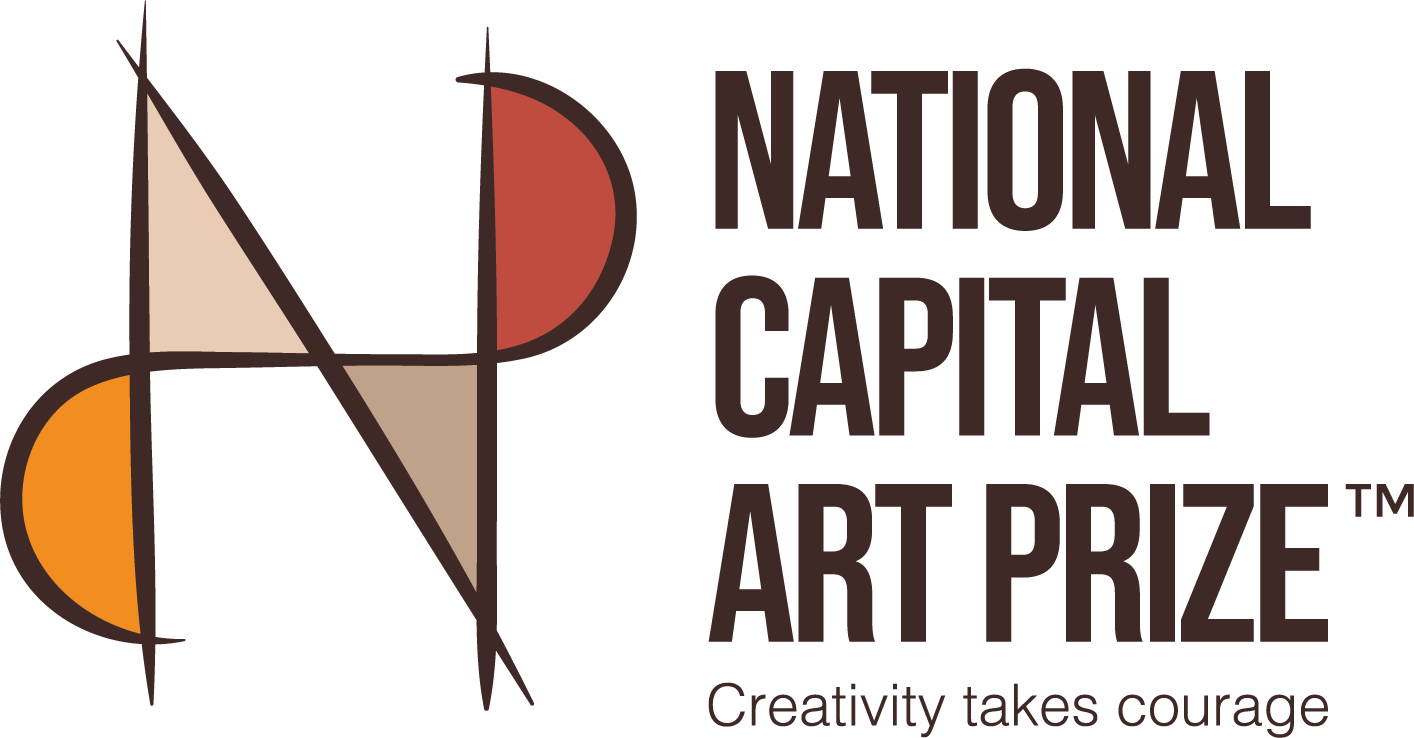Moral Rights and Music (AITB)
Moral Rights recognise a musician’s ongoing connection with their creative work and reflect the principle that people must respect your work and you as the creator of your work. Read on to learn more about your moral rights in your music.
What are Moral Rights?
- Moral rights recognise a musician’s ongoing connection with their creative work. They are separate to rights of copyright and reflect the principle that people must respect your work and you as the creator of your work.
- The words “moral rights” have a special meaning under Australian law that is different to the everyday/dictionary meaning.
- There are 3 types of moral rights under Australian law:
- A right of attribution – this means that the musician must be named or acknowledged as the creator of their work (whether music or lyrics) or as the musical performer (whether singing or playing an instrument).
- A right of integrity – this means that a musician’s work or performance must not be used in a way that would harm the musician’s honour or reputation.
- A right against false attribution – this means that another musician cannot be wrongly named as the songwriter of music which you created or as the performer of music which you performed.
- Example: If a radio station plays a track from your album during a show which disrespects Aboriginal culture and people, then they may be infringing your moral right of integrity. If the station doesn’t mention that the song was written and performed by you, then your moral right of attribution is also breached.
Who owns the moral rights in music?
- Moral rights belong to an individual musician when they create or perform a work. You may have moral rights in music or lyrics that you create.
- If several musicians collaborate on a song, they will each have moral rights in that song.
- Performers have moral rights in their musical performances even if the songs they perform are not their own.
- Moral rights:
- are personal to the musician and the musician cannot give them away, sell or transfer them; and
- do not protect communities.
- Even if you work on commission or are not the copyright owner, you still have moral rights in your work. This means that you have some control over the use of your work.
- Example: If you create music in your job, your employer owns the rights to record and license that music (the music copyright) but you still have moral rights. If the employer licenses that music in an advertising campaign or for a film soundtrack, the employer receives the payment not you. Your name, however, should appear in the credits as the songwriter and the advertising agency or film producer cannot make changes to your song that harm your honour or reputation.
Are there moral rights in sound recordings?
- There are no moral rights in sound recordings of music generally although:
- Because moral rights attach to the songs recorded in the sound recording, the musicians’ moral rights are still protected. When the sound recording is played, the music is heard and the moral rights of the composers and lyricists must be respected. The CD jacket will usually state who the writers of each song are.
- The musicians whose performance is recorded have moral rights in their performance. They must be correctly identified and the recording must be one which does not harm their honour or reputation.
- Example: A band records a cover of another band’s song. The recording must be sold and played in a way which respects the moral rights of the performers and the songwriters.
How long do my moral rights last?
- Your moral rights last as long as copyright. Generally that means you have moral rights in your work for the whole of your life plus another 70 years. Your family can make sure that your moral rights in your music are respected after you pass away.
What can I do if someone misuses my music or doesn’t properly acknowledge me?
- You can take legal action against a person who does not respect your moral rights. These kinds of actions are called “infringements” of moral rights. If a court agrees that your moral rights have been infringed, you can get an order from a court that:
- you get a public apology;
- you are paid money for the harm caused to you (damages);
- the person must stop the infringement (an injunction); or
- an order that any false attribution or derogatory treatment is removed or reversed.
- Your moral rights are not infringed if:
- you consent to the actions that would otherwise infringe your moral rights; or
- the other person’s actions are reasonable in the circumstances.
A failure to attribute a performer, false attribution of a performer or derogatory treatment of a performance does not infringe the performer’s moral rights if the performer consented in writing or if the act or omission was ‘reasonable’ in the circumstances.
For more information see Arts Law’s information sheets on Moral Rights and Performers’ Rights
Disclaimer
The information in this information sheet is general. It does not constitute, and should be not relied on as, legal advice. The Arts Law Centre of Australia (Arts Law) recommends seeking advice from a qualified lawyer on the legal issues affecting you before acting on any legal matter.
While Arts Law tries to ensure that the content of this information sheet is accurate, adequate or complete, it does not represent or warrant its accuracy, adequacy or completeness. Arts Law is not responsible for any loss suffered as a result of or in relation to the use of this information sheet. To the extent permitted by law, Arts Law excludes any liability, including any liability for negligence, for any loss, including indirect or consequential damages arising from or in relation to the use of this information sheet.
© Arts Law Centre of Australia
You may photocopy this information sheet for a non-profit purpose, provided you copy all of it, and you do not alter it in any way. Check you have the most recent version by contacting us on (02) 9356 2566 or tollfree outside Sydney on 1800 221 457.
The Arts Law Centre of Australia has been assisted by the Commonwealth Government through the Australia Council, its arts funding and advisory body.




